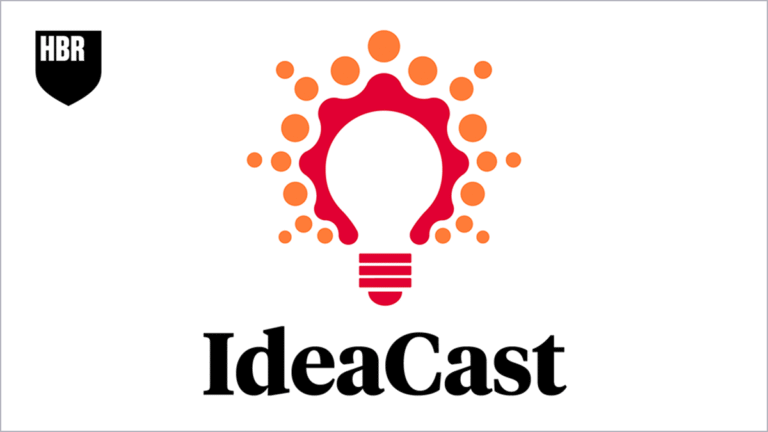
Chip giants Nvidia and AMD have agreed to pay the US government 15% of their semiconductor sales in China, the BBC has been told by a source close to the matter.
The agreement is part of a deal to secure export licences to the world’s second biggest economy.
“We follow rules the US government sets for our participation in worldwide markets. While we haven’t shipped H20 to China for months, we hope export control rules will let America compete in China and worldwide,” Nvidia told the BBC.
AMD did not immediately respond to a request for comment.
In a statement to the BBC, Nvidia also said: “America cannot repeat 5G and lose telecommunication leadership. America’s [artificial intelligence] tech stack can be the world’s standard if we race.”
Under the agreement, Nvidia will pay 15% of its revenues from H20 chip sales in China to the US government, while AMD will give the same percentage from its MI308 chip revenues, which was first reported by the Financial Times.
Washington has previously banned the sale of Nvidia’s H20 chips to Beijing over security concerns, although the firm recently announced that this would be reversed.
The H20 chip was developed specifically for the Chinese market after US export restrictions were imposed by the Biden administration in 2023. Its sale was effectively banned by the Trump administration in April this year.
Nvidia’s chief executive Jensen Huang has spent months lobbying both sides for a resumption of sales of the chips in China. He reportedly met US President Donald Trump last week.
The resumption of chip sales to China comes as trade tensions between Beijing and Washington have been easing.
Beijing has relaxed controls on rare earth exports, while the US has lifted restrictions on chip design software firms operating in China.
In May, the world’s two biggest economies agreed to a 90-day truce in their tariffs war.
Since then, top trade officials from both sides have met on a number of occasions, although an agreement to extend the tariffs pause has not yet been confirmed ahead of a 12 August deadline.
As part of his tariffs policy, Trump has put pressure on major companies to make more investments in the US.
Last week, Apple said it would invest another $100bn (£74.4bn) in the country, adding to a previous pledge to spend $500bn in the US over the next four years.
In June, memory chip maker Micron Technology said its planned US investments will total $200bn. That includes construction of a new manufacturing facility in Idaho.
Nvidia itself has announced plans to build AI servers in the US worth up to $500bn, pledging to build the first AI supercomputers that are entirely American-made.





